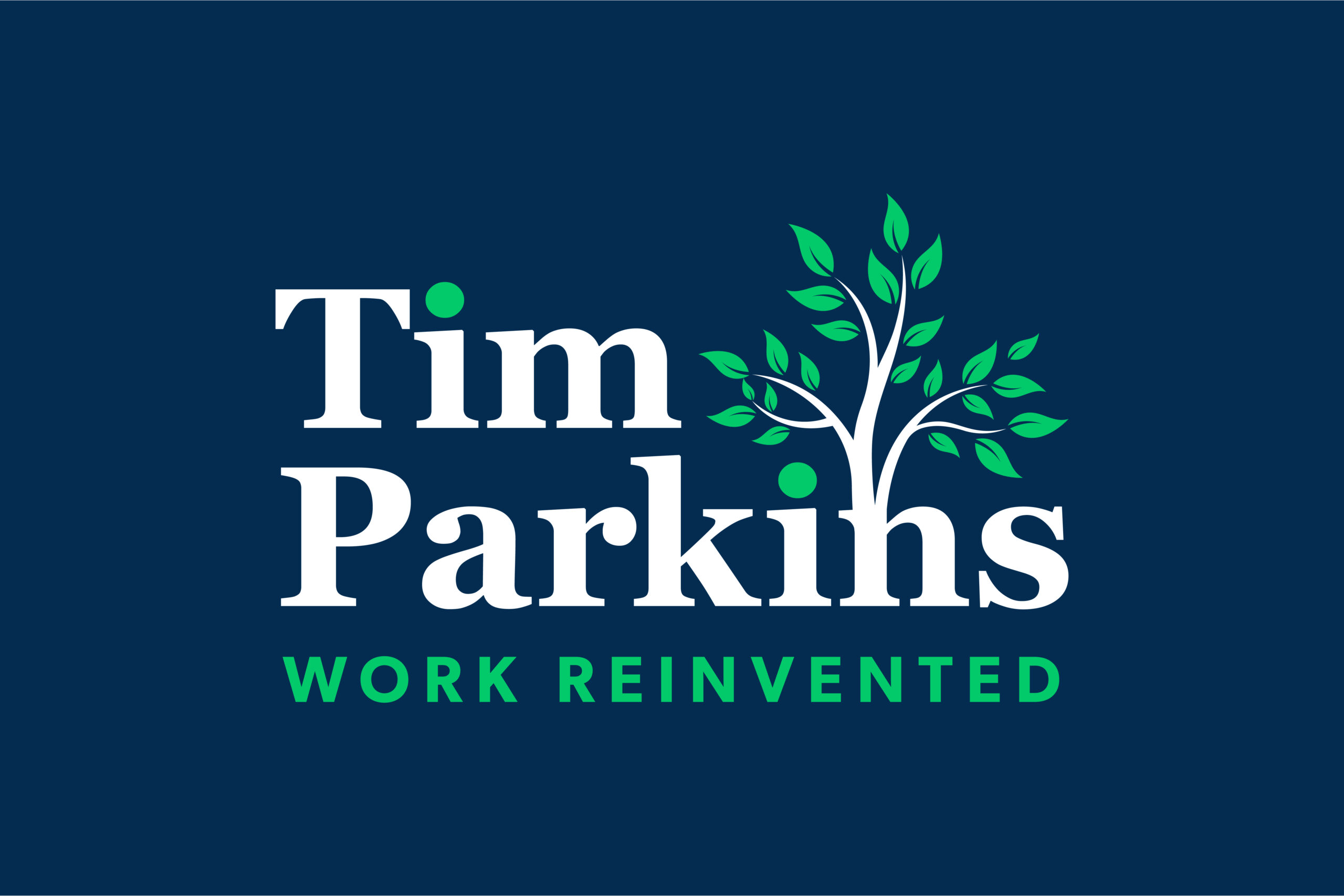We’ve all heard the saying, “Knowledge is power.” But in my experience, there’s even more power in three other small words that many people struggle to say: “I don’t know.”
Why is admitting this so difficult?
For one, our egos get in the way. We’re conditioned to believe that our worth is tied to how much we know, how capable we appear, or how valuable we are to others. While expertise has its place, the ego often whispers, “You’ll look weak if you don’t have the answers.” But is that really true?
Often, fear is the real reason behind our hesitation—fear of being judged, of feeling like an impostor, of appearing incompetent. It’s not surprising that we feel this way. From an early age, we’re trained to see leaders, teachers, and parents as all-knowing. In school, you’re punished for not knowing the answer on a test. As adults, we internalize this belief, convincing ourselves that respect hinges on always having the answers. But this mindset isn’t just flawed—it’s limiting.
Why “I Don’t Know” Is the Ultimate Power Move
The world is incredibly complex. Every day, we face problems to which there aren’t any simple answers, while being bombarded by an overwhelming amount of information—some accurate, much of it not. No one can know everything, and trying to appear otherwise is the ultimate mistake.
Saying “I don’t know” doesn’t make you weak. It makes you real. It shows that you’re self-aware, authentic, and courageous enough to push back against societal expectations. Most importantly, it communicates confidence: confidence in your ability to figure things out, to collaborate, and to grow.
In fact, extraordinary leaders and innovators don’t know all the answers, but excel at asking the right questions. They lean into curiosity and prioritize learning over appearances, knowing that their credibility isn’t built on pretending to know everything—it’s built on their commitment to exploring the unknown and growing.
When you’re willing to admit you don’t know something, you’re also helping others around you. I can’t tell you how many meetings I’ve been in where people didn’t understand, but were too afraid to say anything. When I admitted my lack of understanding and asked questions, something remarkable happened: the entire team gained a clearer understanding of the issue. Beyond that, my peers respected me for my honesty and courage. Even better, it helped foster a culture where others felt more comfortable admitting they didn’t know, too. When one person leads by example, it can spark a ripple effect, creating an environment where learning thrives, and everyone benefits.
How to Harness the Power of “I Don’t Know”
So, what happens after you admit you don’t know? That’s where the real magic begins. Saying those three words is only the start of the process; to unlock all the benefits, you need to follow up on your admission.
- Stay Curious. Use “I don’t know” as a starting point for exploration, not a dead end. Follow your curiosity and commit to learning more. Research, ask questions, and approach the topic with an open mind.
- Take Action. Saying “I don’t know” is only powerful if followed by action. Whether it’s investigating on your own, consulting experts, or brainstorming solutions, you need to show that you’re not afraid to dig in.
- Collaborate. Reach out to others. Admit where you need help and tap into collective wisdom. True strength lies in knowing when to rely on the expertise of others, and collaboration often leads to insights you couldn’t have uncovered alone.
- Follow Through. Don’t leave the question hanging. When you find the answer or solution, circle back to share what you learned with others. This not only builds trust, but also shows you’re reliable and committed to the process.
Why It Matters
If you’re engaged in work that challenges you, there will always be moments when you don’t have the answers. That’s not a failure—it’s a sign that you’re working at the edge of your abilities, where growth happens.
Admitting “I don’t know” fosters trust and collaboration. It shows you’re human and humble, creating a foundation for stronger relationships, both professionally and personally. And, paradoxically, it’s one of the most powerful ways to show confidence.
So, the next time you’re tempted to fake it, remember this: saying “I don’t know” doesn’t cheapen your value. It reaffirms your right to learn, grow, and lead authentically. True leadership and growth start with the courage to say, “I don’t know.” Because it’s not what you know today that defines you—it’s your willingness to learn and evolve.
Reply to this email and let me know about a situation where you admitted to not knowing something, and what the result was!
Quotation that I’ve been pondering
“Let yourself be silently drawn by the strange pull of what you really love. It will not lead you astray.” — Rumi
Journal prompt
Think of a recent situation where you didn’t have the answer to a question or problem. How did you respond? Did you admit you didn’t know, or did you try to appear confident? Reflect on what happened and what you could learn from the experience.
Bonus: Write about how you might approach a similar situation differently in the future. What steps can you take to embrace curiosity and turn “I don’t know” into a starting point for growth?
Call to Adventure
Curious about what’s possible when you embrace not knowing?
Let’s explore together.
Book a free discovery call to learn how I can help you design a work life that excites and fulfills you. Sometimes, admitting you don’t know is the first step toward discovering what’s truly possible.
Book 1-on-1 career conversation
Until next week!!
Work and live well.
Tim
Did someone awesome forward you this email? Sign up here to ensure you get my latest content.
Do you know someone who would benefit from this content? Please pass it along! ♻️



